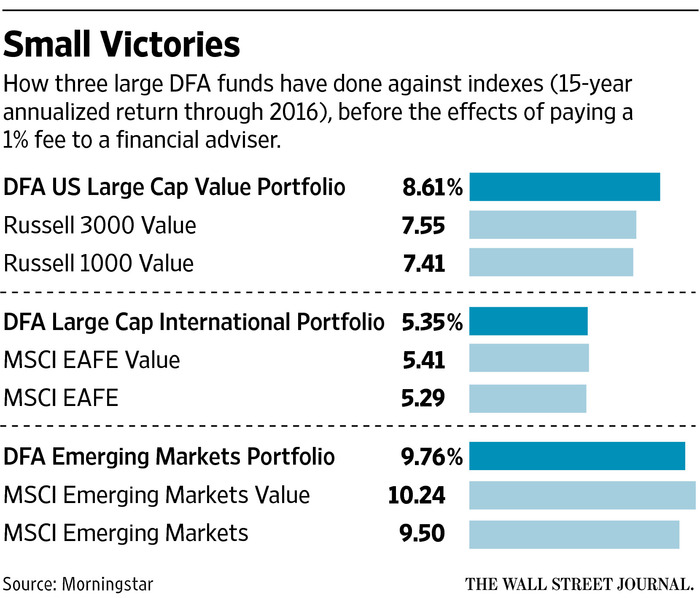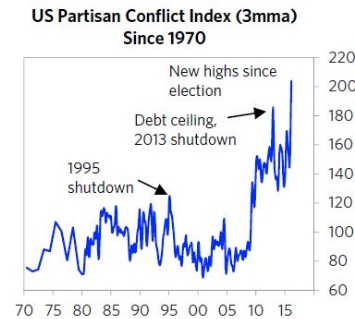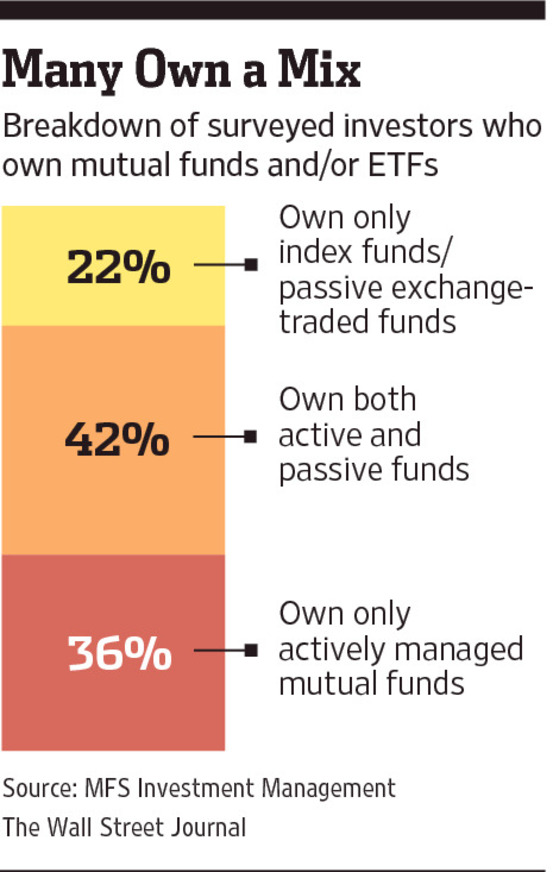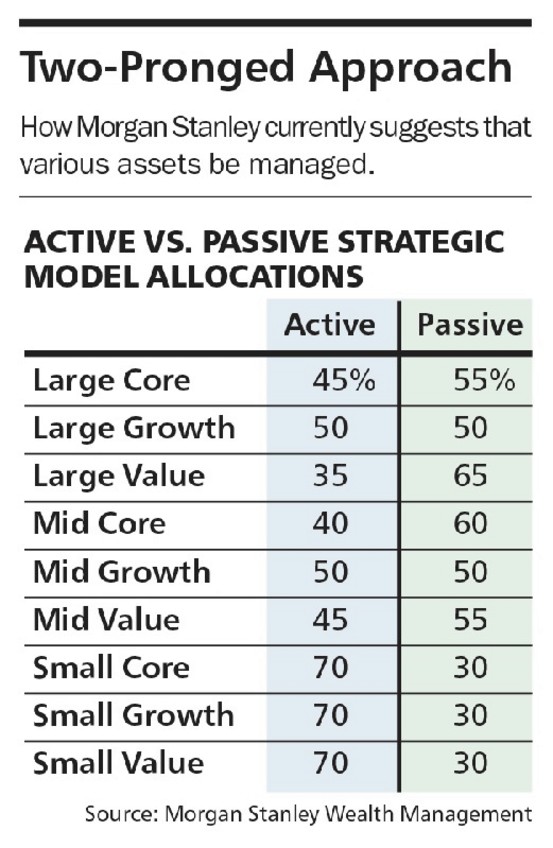- Joined
- Mar 22, 2005
- Messages
- 6,740
- Reaction score
- 5,983
- Points
- 7,246
- Attending Physician
The big difference is that management can use share buybacks to game the system using leverage. Most of their bonus metrics are dependent on share price.
Increasing dividends doesn't give management the chance to game the system in the same way because their bonuses aren't tied to dividends as much as share price.
The article I linked showed many big companies that have been pulling this racket for the last 5 years. This distorts the market if done in large amounts.
When interest rates inevitably go up, these companies shares will tank screwing investors.
That's the new reality that is being done far more than ever before.
The thing is you literally CANNOT talk about this in a global sense. You have to talk about individual companies. If you want to talk about a particular company, please talk about them. Generically talking about "management" and "bonus metrics" and "many big companies" is pointless.
Do some CEOs have bonuses tied to share price? Sure. Smarter ones have share prices tied to market cap. But like I said, a buyback is only bad in the same sense a credit card is bad. Dumb people can abuse it. Dumb people can and do also abuse dividends.











